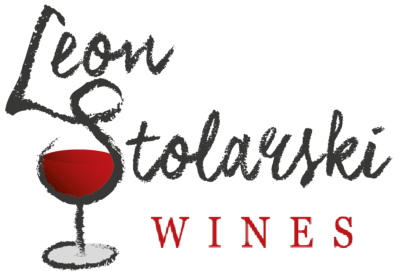New Classic Wines From Regional France
- Online Wine Shop
- New wines
- Wines By Grower (alphabetical)
- Languedoc Red Wine
- Languedoc White Wine
- Roussillon Red Wine
- Roussillon White Wine
- South-West France Red Wine
- South-West France White Wine
- Provence Red Wine
- Provence White Wine
- Beaujolais Red Wine
- Beaujolais White Wine
- Loire White Wine
- Rosé Wine
- Sparkling, Sweet, Fortified
- Information
- News
- FAQ
- Guest Book - leave a comment
- Subscribe to our Newsletter
- Services


Copyright © 2020 - Leon Stolarski Fine WInes Ltd - All rights reserved - Plagiarism is theft!
